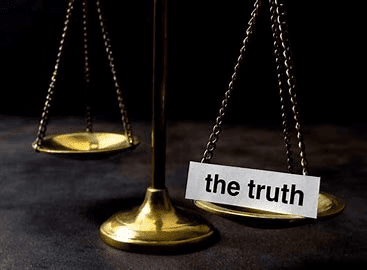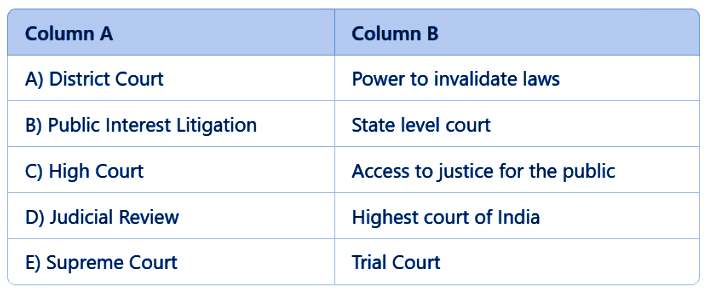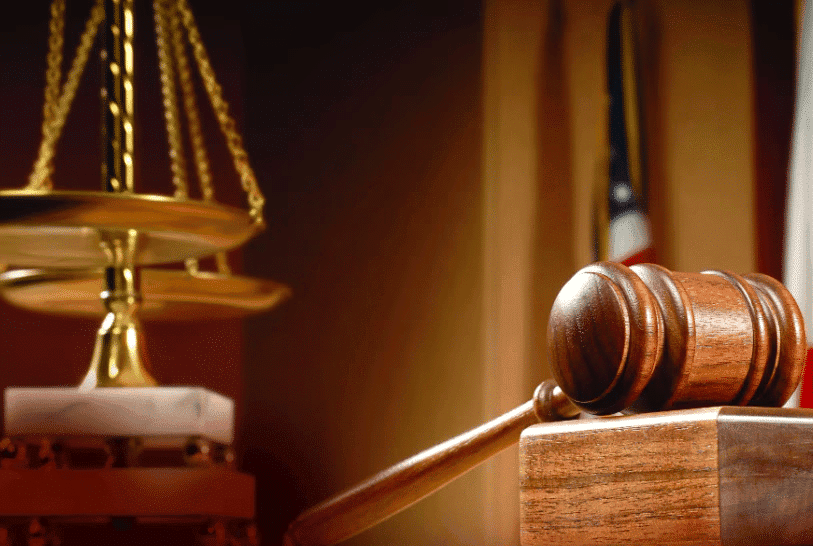Judiciary Class 8 Worksheet Civics Chapter 5
| Table of contents |

|
| Multiple Choice Questions (MCQs) |

|
| Fill in the Blanks |

|
| True or False Statements |

|
| Match the Following |

|
| Very Short Answer Questions |

|
| Short Answer Questions |

|
Multiple Choice Questions (MCQs)
Q1: What is the primary function of the judiciary in India?
A) Enforcing laws
B) Resolving disputes
C) Making laws
D) All of the above
Q2: Which court is at the apex level in the Indian judicial system?
A) High Court
B) District Court
C) Supreme Court
D) Session Court
Q3: What does the term 'judicial review' refer to?
A) The review of court cases
B) The power to strike down laws
C) The appointment of judges
D) None of the above
Q4: Which of the following is true about the independence of the judiciary?
A) Judges can be easily removed by politicians
B) The judiciary is separate from the executive and legislature
C) The judiciary is under government control
D) All of the above
Q5: Public Interest Litigation (PIL) was introduced to:
A) Increase access to justice
B) Protect the rights of politicians
C) Speed up the court procedures
D) Reduce the number of judges

Fill in the Blanks
Q1: The __________ is responsible for upholding the law and enforcing the Fundamental Rights of citizens.
Q2: The __________ system allows individuals to appeal to a higher court if they believe a judgment is unjust.
Q3: The __________ of India protects against the misuse of power by the legislature and executive.
Q4: The __________ courts are usually where most citizens first interact with the judicial system.
Q5: __________ law deals with conduct defined as offences, such as theft and murder.
True or False Statements
Q1: The High Court is the highest court in a state.
Q2: The Supreme Court's decisions are not binding on lower court.
Q3: All citizens in India have easy access to the courts.
Q4: Judicial review allows the courts to strike down unconstitutional laws.
Q5: The judiciary is controlled by the executive branch of government.
Match the Following

Very Short Answer Questions
Q1: What is the primary role of the judiciary in India?
Q2: What does judicial review allow the judiciary to do?
Q3: How many levels of courts exist in India?
Q4: What is the purpose of Public Interest Litigation (PIL)?
Q5: What is the significance of the separation of powers in the judiciary?
 Judiciary
Judiciary
Short Answer Questions
Q1: What does the judiciary do in India?
Q2: Why is an independent judiciary important?
Q3: What are the three levels of courts in India?
Q4: How can a person appeal a court decision in India?
Q5: What is Public Interest Litigation (PIL)?
You can find Worksheets Solutions here: Worksheet Solutions: Judiciary
|
70 videos|560 docs|46 tests
|
FAQs on Judiciary Class 8 Worksheet Civics Chapter 5
| 1. What is the role of the judiciary in a democracy? |  |
| 2. How does the judiciary ensure the protection of fundamental rights? |  |
| 3. What are the different levels of courts in the judiciary system? |  |
| 4. What is the significance of judicial review? |  |
| 5. How are judges appointed in the judiciary? |  |
















